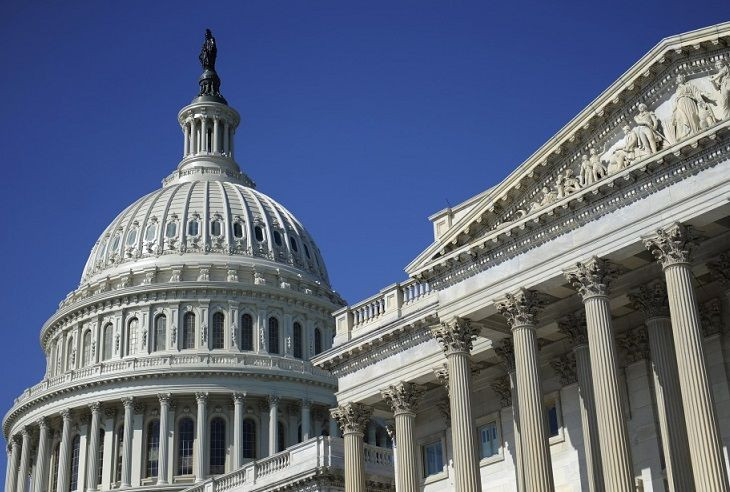NLRB Election Rule: House Votes To Block Pro-Union 'Ambush Election' Regulation

The House voted Thursday to block the National Labor Relations Board from implementing a new rule aimed at speeding up union elections. The 232-186 vote comes weeks after the resolution passed the Senate. Still, it is highly unlikely to become law, as the White House has vowed to veto the measure.
For Republicans and their business allies, the NLRB’s new rule is a thinly veiled giveaway to Big Labor. They’ve dubbed it the “ambush election” rule.
“This is like March Madness,” Rep. Phil Roe, R-Tenn., one of the bill’s sponsors, told the Hill. “We expect referees to be fair in the games we play, but the NLRB is not fair."
Unions have long complained of what they see as unnecessary obstacles to organizing, and the new regulation, which the NLRB finalized in December, addresses some of those concerns.
Among other things, the rule eliminates the minimum 25-day waiting period between the time a union election is ordered and can actually take place, prevents employers from filing legal challenges over eligibility matters until after workers vote on representation, and allows unions to file election documents electronically rather than through snail mail.
“[The] rule helps to level the playing field for workers so they can more freely choose to make their voice heard,” reads the White House veto threat. “In doing so, it will help us build an economy that gives greater economic opportunities and security for middle-class families and those working to join the middle class.”
Opponents of the measure could still achieve victory through other means. In January, the Chamber of Commerce, the National Association of Manufacturers and the National Retail Foundation filed suit. In 2012, a similarly worded NLRB rule was struck down in federal court.
© Copyright IBTimes 2025. All rights reserved.






















